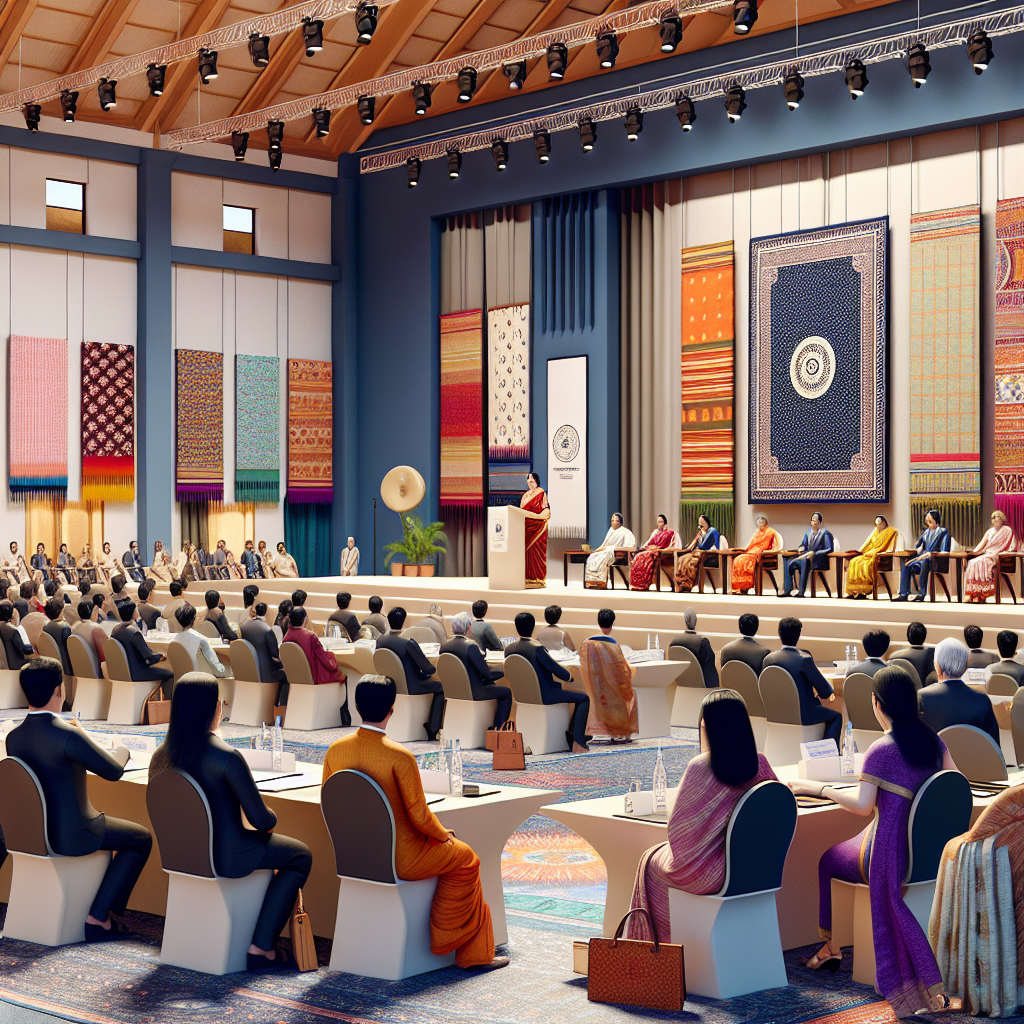Lesotho's Textile Industry: Struggling Under New Tariff Rates
Lesotho's modified tariff rate of 15% may not be sufficient to save its textiles industry, despite a reduction from a threatened 50%. The nation's trade minister sees potential job losses due to competitive disadvantages with neighboring countries. The sector is heavily reliant on the African Growth and Opportunities Act.

Lesotho faces uncertainty as its textiles industry grapples with a newly modified 15% tariff, reduced from a previously threatened 50% rate by the U.S. government. The nation's Trade Minister, Mokhethi Shelile, expressed both relief and concern, pointing out that the new rate could still result in job losses.
The textiles sector, vital to Lesotho's economy, heavily relies on the Africa Growth and Opportunities Act (AGOA). This U.S. trade initiative previously offered duty-free access, making textiles the mountain kingdom's largest private employer. Oxford Economics reports that textiles compose about 90% of Lesotho's manufacturing exports.
Ongoing tariff challenges have led to mass order cancellations by U.S. importers. The Trump administration argues for these tariffs on grounds of economic reciprocity, citing Lesotho's tariffs on U.S. goods. Nevertheless, Lesotho hopes for further negotiations to potentially lower the tariff rate.
(With inputs from agencies.)










